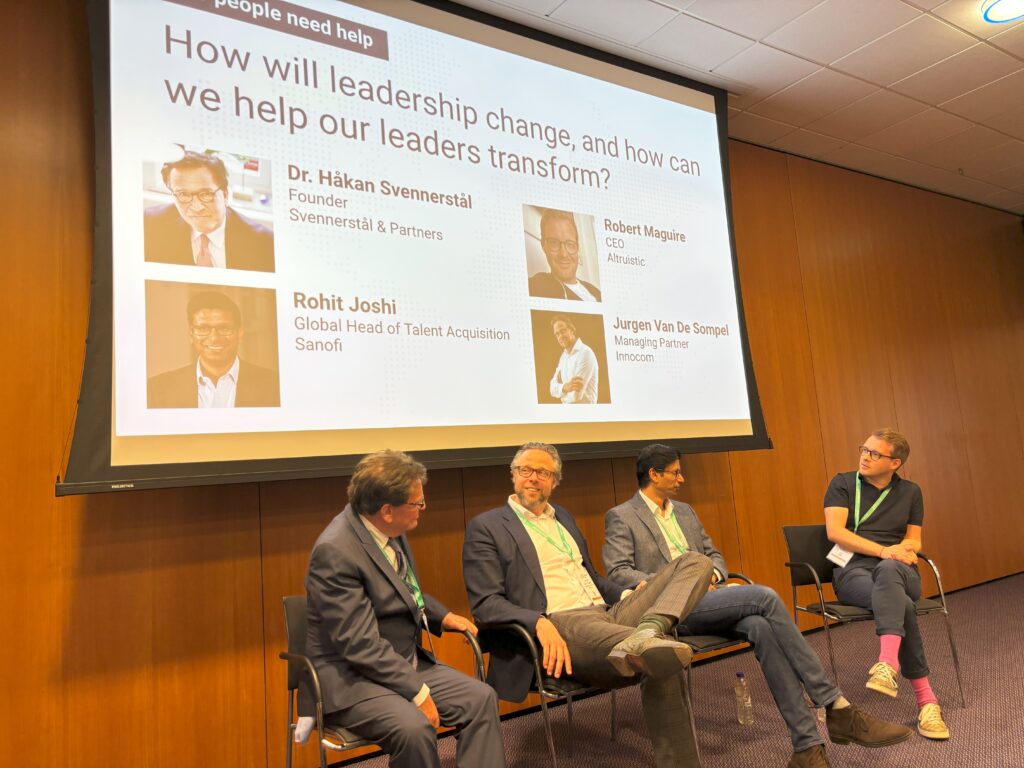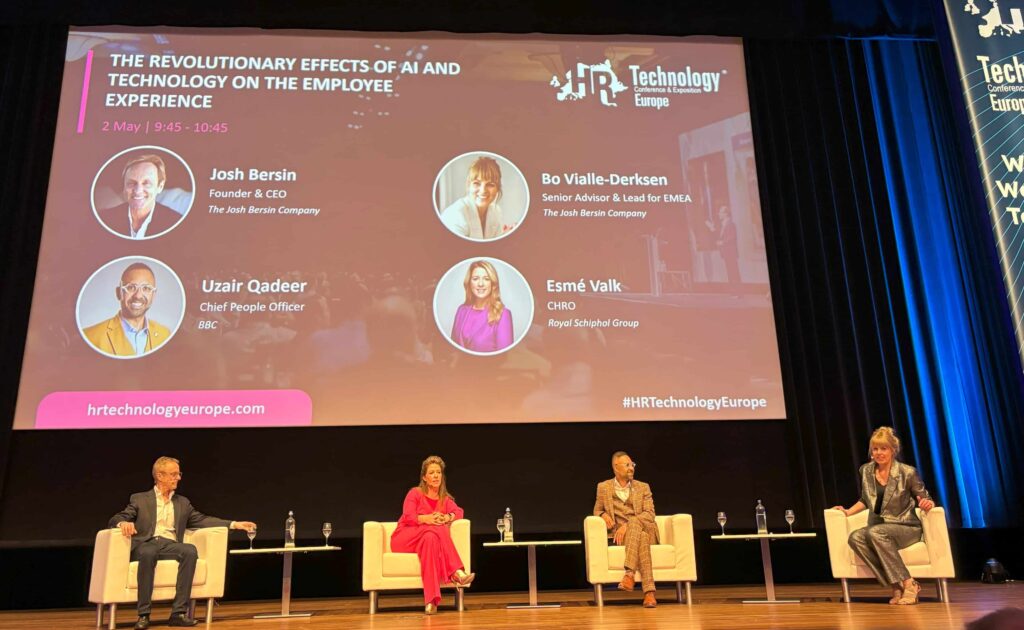This month Sue Stockdale looks at a common concern for many people – how to tackle difficult conversations with confidence
One of the most frequent coaching topics that is discussed is how to handle difficult conversations. And whilst they might be tough, people should not shy away from tackling them in the workplace. One of the things that can make conversations seem difficult is the uncertainty around what might happen. People tend to second guess how another person might respond, often imagining the worst, which causes the individual to avoid having the conversation. And that can sometimes create unforeseen consequences or exacerbate the issue.
When a sports coach avoided giving feedback to an athlete about their performance because the coach was uncomfortable to do so, it made their relationship worse. Performance data had showed that the athlete was unlikely to make the standard to be selected for a major competition because other athletes were performing better at the time. However, without being given that information, the athlete had an unrealistic view of their performance compared to others. So, when the team selections were made a few weeks later, the athlete was devastated and felt let down because their coach had not given them any hint that they may not be selected, for fear of how the athlete might respond.
By being prepared ahead of time, a person can minimise their own fears and maximise the chances of having a productive outcome.
Asking questions
Asking yourself some questions can help to bring a level of clarity about the outcome sought from a conversation. They can include:
- What is the outcome that I want to reach in having this conversation?
- What are the beliefs I hold about this person currently? In what way may this help, or hinder this conversation?
- What might get in the way of me achieving a successful outcome?
- How can I show up being curious and non-judgemental?
- What do I need to watch out for in myself that could derail this conversation?
- What could I learn from having this conversation?
These types of questions can help a person prepare ahead of time. They may also want to mentally rehearse by visualising how the conversation could happen. By asking a series of what if questions (What if the person gets angry, what if they start to cry, what if they make unreasonable demands?) we can minimise the chances of reacting emotionally in the moment and not keep focussed on the outcome that is sought.
Building trust
Creating an environment of trust can help both parties in a difficult conversation to stay open, listen to understand and find a way to move forwards. Amy Edmondson’s work on creating psychological safety is worth reflecting on. She encourages leaders to practice the skill of inquiry by listening intently and asking good questions, whilst also being able to demonstrate humility.
In an HBR article London Business School Professor Dan Cable explains why humility is not always easy for leaders to demonstrate “Power…can cause leaders to become overly obsessed with outcomes and control,” inadvertently ramping up “people’s fear – fear of not hitting targets, fear of losing bonuses, fear of failing – and as a consequence…their drive to experiment and learn is stifled.” Being overly certain or just plain arrogant can have similar effects – increasing fear, reducing motivation, and inhibiting interpersonal risk taking”.
It takes effort to build trust in the workplace, and often the biggest challenge for a leader is to trust themselves enough to let go, stop, and just listen without judgement.
Environment matters
Finally, it’s always useful to consider when and where a conversation takes place. If its face to face, then consider what message is being conveyed by the environment. Conversational Intelligence author Judith E Glaser recognises T. Gary Rogers as a role model in doing this. Rogers was the former chairman of Levi Strauss and Co, who acquired Dreyers Grand Ice Cream in California and built it into a billion-dollar business. Glaser recalls ‘He would walk into a room with team members who were a couple of levels lower than him, and in order to establish the right kind of contact with them, he would take off his jacket, loosen his tie; and he made sure that the tables they sat at were circular, not rectangular – he knew that hierarchy is so hard-wired in us, that it’s hard to erase that and the round table removes the power position at the table. As humans we are similar to animals: you see dogs marking their territory, well it’s just the same instinct for humans. We can’t erase what our brain is doing, because it is hard wired, but we can learn to create the environment that mitigates against the unexpected consequences of activating other people’s positional power instincts.’
By asking questions, building trust, and considering the environment a person can increase the chances of having a more effective outcome from a tricky conversation.






